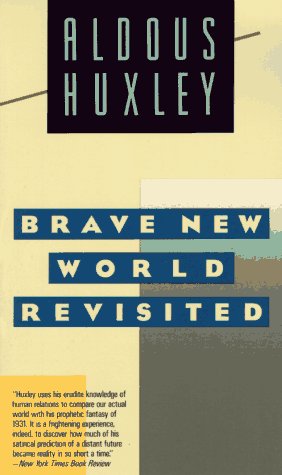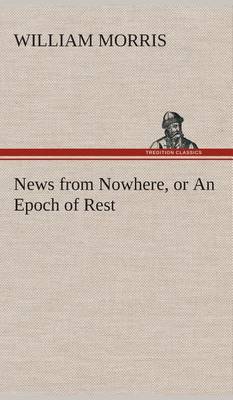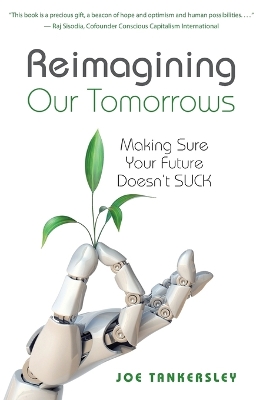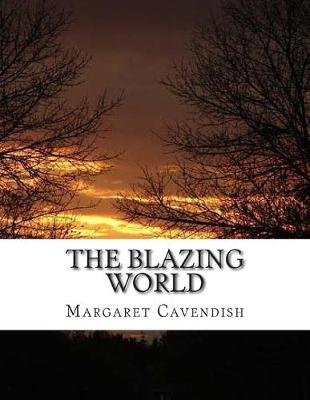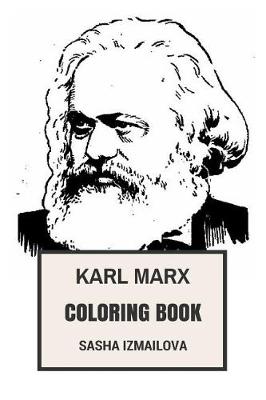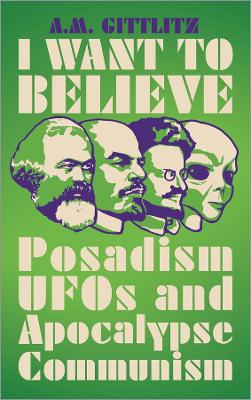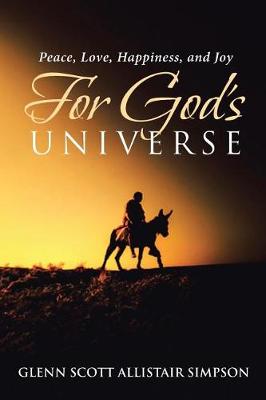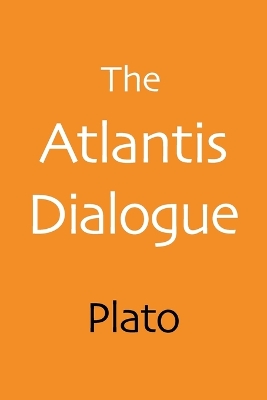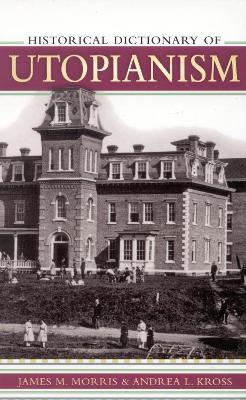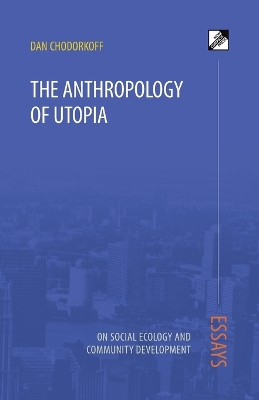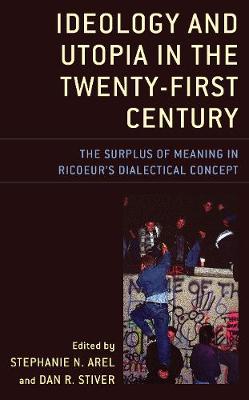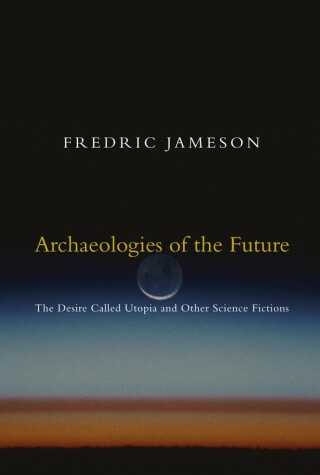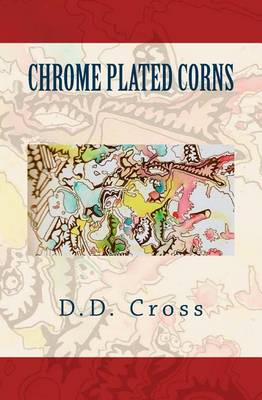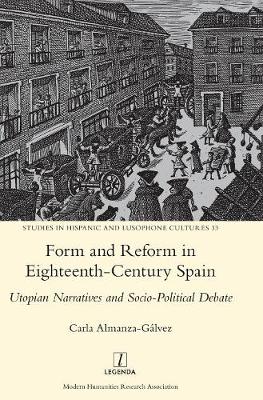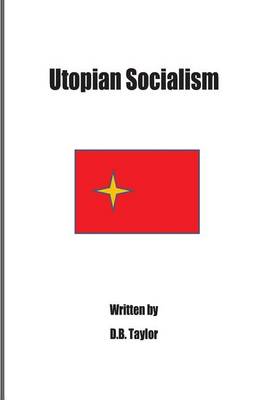Brave New World Revisited (Flamingo modern classics) (The collected works of Aldous Huxley)
by Aldous Huxley
Written 27 years after the 1932 publication of "Brave New World", this book addresses the prophecies he made in that work, believing the far-fetched fantasies of his nightmare future to be turning too swiftly into reality. Examining overpopulation, mass communication, big business, centralized government, the effects of television and advertising, this work is Huxley's polemic against modern society.
We are living in the midst of an American Awakening, without God and without forgiveness. The first two Awakenings brought religious renewal; the third-the social gospel movement and its aftermath (1880-1910)-invoked the authority of religion to bring about political and social transformation, but lost sight of Christianity along the way.The Awakening through which we are now living comprehends politics through the categories of religion without recognizing it, has no place for the God who judge...
The female narrator of "Sultana's Dream" wanders into a dream city that shuns war and violence. In this utopian world, women rule and men are content with their places in the kitchen. The queen of this kingdom explains how women won and kept their peace against men and their war-like ways.This edition of a feminist utopian classic is a conversation across time; Durga Bai, a contemporary tribal woman artist from Central India, brings her own vision to bear on a Muslim gentlewoman's radical tale.
News from Nowhere describes the encounter between a visitor from the nineteenth century, William Guest, and a decentralized and humane socialist future. Set over a century after a revolutionary upheaval in 1952, these 'Chapters from a Utopian Romance' recount his journey across London and up the Thames to Kelmscott Manor, Morris's own country house in Oxfordshire.
1666 Dystopian Science Fiction, Woman Author The Description of a New World, Called The Blazing-World. A Merchant travelling into a foreign Country, fell extreamly in Love with a young Lady; but being a stranger in that Nation, and beneath her, both in Birth and Wealth, he could have but little hopes of obtaining his desire; however his Love growing more and more vehement upon him, even to the slighting of all difficulties, he resolved at last to Steal her away; which he had the better opportu...
Advocating nuclear war, attempting communication with dolphins and taking an interest in the paranormal and UFOs, there is perhaps no greater (or stranger) cautionary tale for the Left than that of Posadism. Named after the Argentine Trotskyist J. Posadas, the movement's journey through the fractious and sectarian world of mid-20th century revolutionary socialism was unique. Although at times significant, Posadas' movement was ultimately a failure. As it disintegrated, it increasingly grew to r...
Peace, Love, Happiness, and Joy For God's Universe
by Glenn Scott Allistair Simpson
Historical Dictionary of Utopianism (Historical Dictionaries of Religions, Philosophies, and Movements)
by James M. Morris and Andrea L Kross
This Dictionary contains more than 600 dictionary entries on utopian thought and experimentation that span the centuries from ancient times to the present. The text not only covers utopian communities worldwide, but also its ideas from the well known such as those expounded in Thomas More's Utopia, and the ideas of philosophers and reformers from ancient times, the Middle Ages, the Renaissance, the Enlightenment, and from notable 20th-century figures. Included are the descriptions of utopian exp...
Ideology and Utopia in the Twenty-First Century (Studies in the Thought of Paul Ricoeur)
This edited work is spurred by the 30-year anniversary of the groundbreaking work by Paul Ricoeur, Lectures on Ideology and Utopia (1986)-and the 40-year anniversary of the original lectures (1975). Ricoeur took these concepts that continue to be enormously important in social and political analysis and connected them in a uniquely intricate dance. The ensuing interplay of these concepts provides a framework for a more deft and subtle evaluation than is common. Little has been done to engage R...
This is a brilliant study of utopia and science fiction, from Thomas More to Philip K. Dick, by the master literary critic. "Archaeologies of the Future", Jameson's most substantial work since "Postmodernism", investigates the development of the Utopian form since Thomas More, and interrogates the functions of Utopian thinking in a post-Communist age. The relationship between utopia and science fiction is explored through the representations of otherness...alien life and alien worlds...and a stu...
Utopia (English Classics S.) (Penguin Great Ideas)
by Saint Thomas More
This is the classic idea of a people's commonwealth. Although it has become a byword for the unrealistic since publication in 1516, this extract demonstrates a far more real and practical side to More's vision.
Form and Reform in Eighteenth-Century Spain (Studies in Hispanic and Lusophone Cultures, #33)
by Carla Almanza-Galvez
